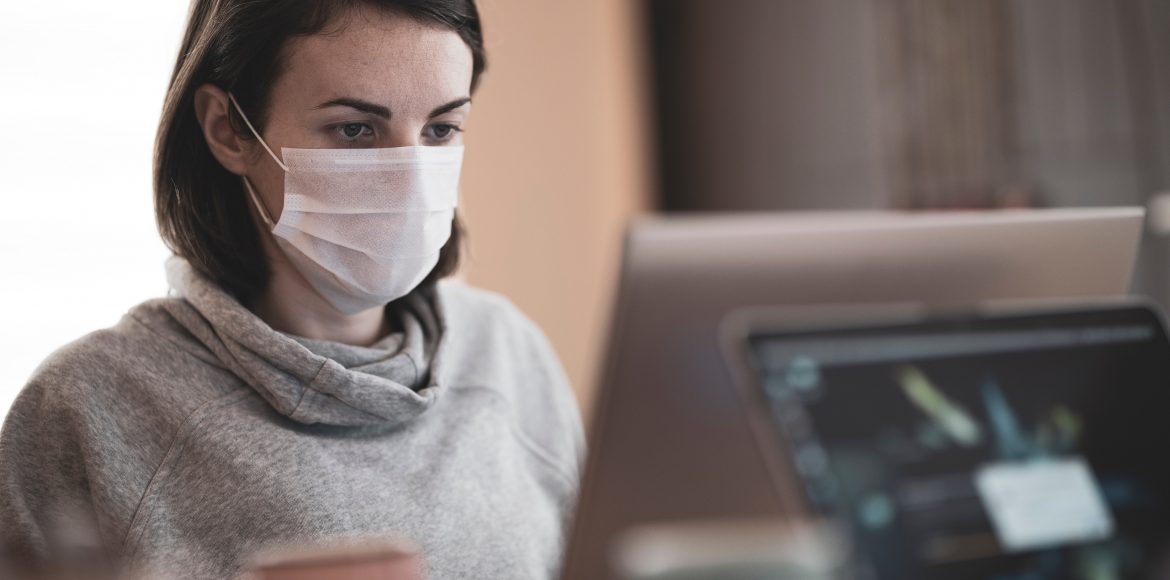On the 6th August 2020 the Ministry of Health recommended that all households prepare for a possible further outbreak of community transmitted COVID-19 by securing non-medical grade face masks for each household member. These could be either reusable (and washable), or single use, disposable face masks.
There are two types of face masks that can help cut your odds of getting coronavirus; Surgical face masks and N-95 (or respirator) masks.
Surgical Masks protect people from droplets and sprays to a degree, they are appropriate for an office and business use, but they aren’t foolproof. They’re loose-fitting and relatively thin, so the air is unfiltered and tinier droplets can still seep in through the parts of the mask. If you’re going to use surgical masks make sure they are good quality and are replaced regularly if they get damp or soiled.
Then, there are N-95 masks. They’re heavy-duty, and are form fitted to your face. According to the CDC and WHO these masks filter out about 95% of airborne particles, including viruses and bacteria. However, they can be uncomfortable and hard to wear for long periods of time, some people report trouble breathing or feelings of claustrophobia while wearing them.
It isn’t essential for everyone to wear face masks, according to the CDC. However, the World Health Organization (WHO) recommends a healthy person should wear a mask if they are taking care of a person suspected of having COVID-19. In addition, for individuals working in certain essential industries, where they still have a lot of patient or customer contact, wearing a mask makes sense.
How often should I change my mask?
Surgical Masks can be worn until they are damp and at the most for 4 hours. They should be removed prior to eating and drinking or if they become soiled and disposed of safely. A surgical mask is sufficient for most purposes.
N95 (P2) Masks should only be used by health care workers undertaking aerosol generating procedures or industries requiring specific particulate filtering. The CDC recommends only wearing an N95 mask for a maximum of 8 hours.
Can I re-use my mask?
Surgical masks should be discarded immediately after use. Ensure you use the correct doffing process as shown here.
The Ministry of Health does not recommend healthcare workers reuse N95 masks. Worksafe NZ doesn’t appear to have a position on mask reuse and the CDC has instructions for extended use or limited reuse of N95 masks, which is supplied in the useful resources links below.
Note: The decision to implement policies that allow extended use or limited reuse of N95 respirators should be made by the businesses occupational health and safety lead with input from the Ministry of Health & Worksafe NZ.
The case against valved masks
The problem with valved masks is that they filter incoming air but do not filter it on the way out. This means that the wearer of the masks would have some protection from infection from others, but if the wearer has Covid-19 and doesn’t realise it, they will still be spreading the germs into the open and to others unknowingly.
Useful resources :
https://www.cdc.gov/niosh/topics/hcwcontrols/recommendedguidanceextuse.html


